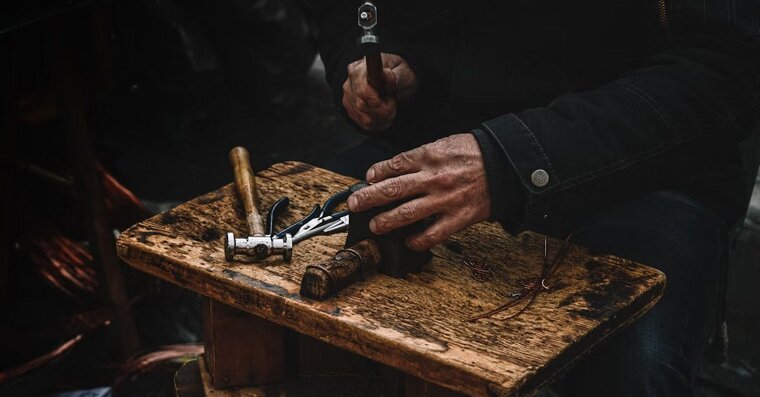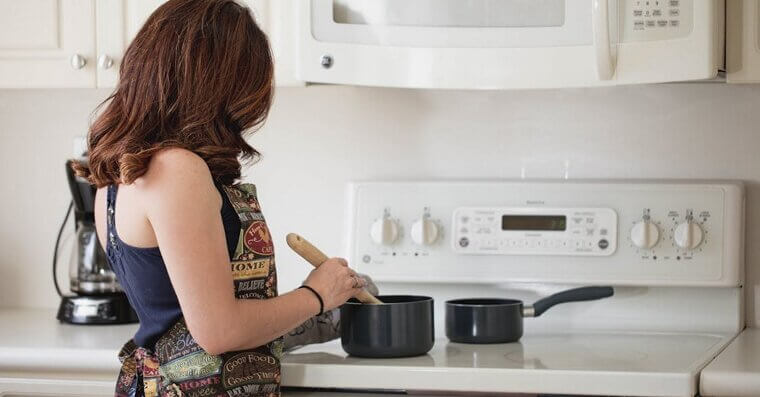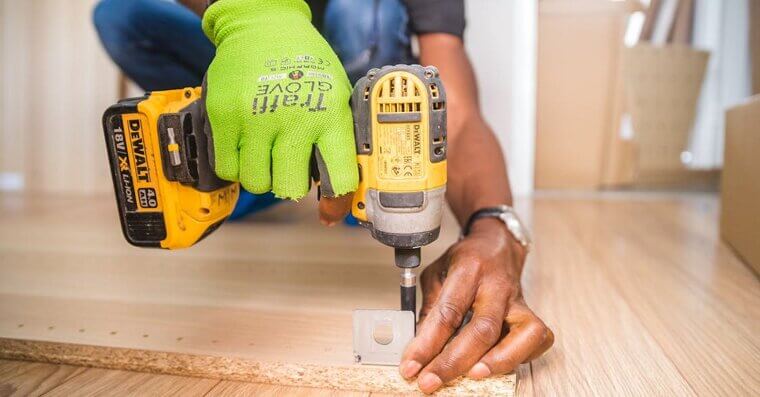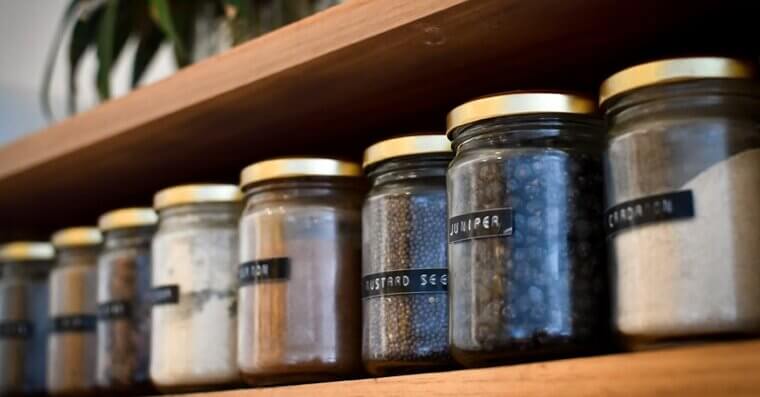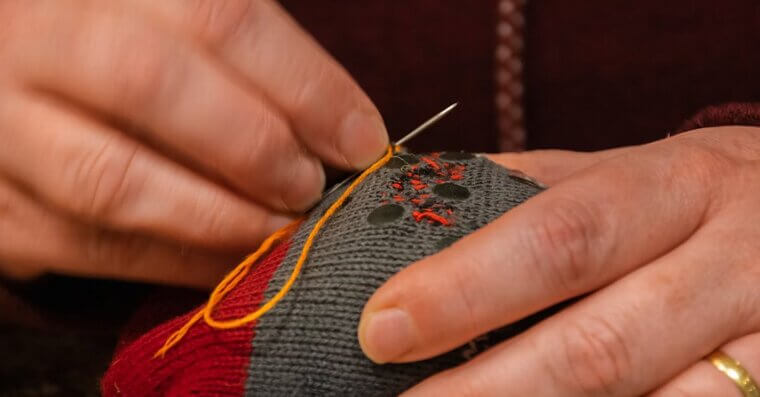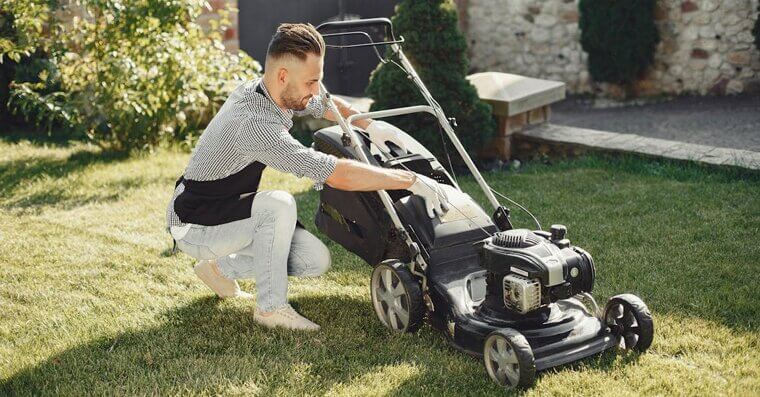Listen To Your Grandparents
Boomers have a reputation for being thrifty - and for good reason. They grew up in a difficult time, in a world changed forever thanks to World War II. While times have changed, a lot of their money-saving habits still hold up today. Let’s take a look at what all our grandparents did to stay afloat.
Clipping Coupons
Boomers knew the power of coupons, and honestly, that power is still relevant today. Everything’s just switched from paper to digital, is all. With inflation making everything pricier, stacking coupons with store sales can really help you and your family.
Cooking With Cheaper Cuts of Meat
Your mother and grandmother stretched meals by buying affordable cuts like chicken thighs and cooking them low and slow. And that’s even easier now. With modern gadgets like slow cookers and Instant Pots, you can turn inexpensive cuts into delicious meals without blowing your grocery budget.
Growing a Garden
Older folks often had backyard gardens filled with tomatoes, cucumbers, and herbs. Growing your own produce in the modern day is a win-win: it not only saves money but also gives you fresher, tastier food. Even if you don’t have a yard, you can try growing food on the windowsill.
Cooking From Scratch
Instead of relying on packaged meals or takeout, boomers often cooked everything from scratch, sometimes with the aforementioned home-grown food. A pot of homemade soup or a pan of pasta sauce didn’t cost much and it had the added advantage of being healthier.
Buying in Bulk
Your grandparents knew that buying large bags of rice, beans and the like would save money in the long run. That principle still works today, especially at places like Costco. Stocking up on pantry staples not only saves per unit but also reduces trips to the store, which means you’re spending less on gas.
Using Cash Envelopes
Boomers often stuck to cash to control their spending - one envelope for groceries, one for gas, and so on. It’s an old-school budget trick, but it still works. Physically seeing your money leave makes you much more mindful.
Using the Library
Instead of buying every book or movie new, boomers went to the library. And today, libraries offer even more than they did back then - ebooks, audiobooks, streaming, and free classes. It’s basically free entertainment and education at your fingertips and it’s amazing.
Brown-Bagging Lunch
Packing a lunch instead of buying one out every workday is something we should learn from the boomers. Spending $10–15 a day at a store adds up fast, while a homemade sandwich costs almost nothing. Plus, you might find yourself eating healthier.
Line-Drying Clothes
Why pay for electricity when the sun and air can dry your clothes for free? Boomers often hung laundry outside, and it’s a great hack even now. Clothes last longer without the dryer’s heat, your energy bill goes down, and your stuff comes back to you smelling nice.
Using Leftovers Creatively
Older people, especially those with parents who’d lived through World War II, knew how to make meals stretch. Roast chicken on Sunday turned into chicken salad or soup on Monday. Today, with food costs so high, turning last night’s dinner into something new and tasty is one of the simplest ways of saving money.
Hand-Me-Downs
Your parents grew up in a world where kids wore their siblings’ clothes, and nobody blinked an eye. The same idea saves tons today. Teach your kids the importance of recycling clothes and passing them down once they’re too small – it’s an environmentally friendly idea we could use more of.
Making Coffee at Home
Long before $6 lattes were a thing, people brewed coffee at home. That habit can save you thousands a year. A bag of quality beans costs less than two coffee shop drinks, and with a French press or drip machine, you can have café-level coffee every day.
Fixing Instead of Replacing
Boomers didn’t toss things at the first sign of trouble, they rolled up their sleeves and fixed them. Shoes got resoled, zippers got replaced, and so on. That mindset is still a winner now that YouTube tutorials make small repairs easier than ever.
Cooking in Bulk
Making one meal that stretches into several was something everyone used to do. Think big pots of chili or stews that lasted for days. And it’s still a smart move today. Cooking in bulk saves both time and money, and you can portion leftovers into the freezer for easy dinners down the road.
Shopping Secondhand
Thrift stores, garage sales, and flea markets were treasure troves for boomers, and they still are. Buying secondhand means you pay a fraction of retail prices, and sometimes the quality is actually better than what’s sold new at cheap chain stores.
DIY Home Projects
People never used to call a handyman for every little thing, they just learned to do it themselves. Fixing leaks and installing fixtures was just part of life, even if they got the odd cut or scrape. Today, with online tutorials and affordable tools all over the place, nothing is stopping you from following in Grandpa’s footsteps.
Canning and Preserving Food
Your grandmother probably canned jams, pickles, and veggies to stretch food throughout the year. It’s a tradition worth keeping alive. Buying produce in season (or growing your own) and preserving it saves money and reduces waste.
Walking Instead of Driving
For short trips back in the day, boomers often walked instead of hopping in the car. Gas was cheaper back then, but they still knew the value of saving it. Today, walking not only cuts fuel and maintenance costs but it also keeps you healthy in an unfortunately rather unhealthy world.
Buying Generic Brands
Boomers didn’t get hung up on brand names. They knew the generic version was usually just as good. The same principle holds true today. A lot of the time when you buy something branded, you’re really just paying for the packaging and good marketing.
Hanging Onto Cars Longer
Maybe your dad had just one beloved car that he kept nice throughout your whole childhood? Boomers often drove their cars until they absolutely couldn’t anymore, avoiding the constant cycle of car payments. That strategy still works today as long as you practice regular maintenance and sensible driving.
Reusing Containers
Old folks never tossed glass jars or coffee tins - they repurposed them. Those habits still make sense. Things like jars can hold leftovers, organize screws in the garage, or even double as vases. Reusing them is good for the environment too, it means less things going in the trash!
Passing on Luxury Trends
In the olden days, people weren’t easily swayed by every flashy product or fad. They knew they weren’t rich, and they stuck to basics instead of chasing the latest thing. That mindset is worth keeping now – do you really need that new iPhone or a bunch of Labubu? Try to be the sort of person advertising doesn’t work on and it saves you so much money.
Mending Clothes
Tell your grandmother that you’ve thrown clothes away over a missing button or small tear, and she’ll likely be appalled. That would have been unthinkable back in her day. Take a leaf out of her book and learn to sew clothes – maybe she’ll even teach you.
Collecting Coins
Our society is becoming increasingly cashless and the art of coin collecting is getting lost. It’s a shame. But whenever you find any coins behind the couch or buried deep in a pocket, you should be putting them safely away. It can really add up over time.
Swapping Services
Boomers often traded skills with neighbors. For example, a woman might babysit for a neighbor and in return they’d mow her lawn. That barter system is still a great way to save money. Instead of paying cash, swapping services builds community and lets everyone benefit from what they’re good at, all without spending a dime.
Sticking to a Shopping List
Impulse buys weren’t in the boomer playbook - they stuck to lists to stay on budget. That’s still one of the best tricks today. A list, made as you go through the week and use things up, keeps you focused and cuts down on overspending.
Using Layaway Instead of Credit
Back in the day, boomers used layaway instead of racking up credit card debt. They’d pay off an item bit by bit until it was theirs. While layaway isn’t as common now, the principle of saving first and buying later is still a smart way to avoid interest charges.
Making Homemade Gifts
A lot of gifts that show up in stores during the holiday season, are, let’s face it, cheap plastic tat rendered more expensive because it’s Christmas. Why not save money and make your friends and family something instead? That’s what Grandma did, and everyone loved her for it.
Taking Staycations
Travel was expensive for boomers too, so many enjoyed vacations close to home - camping, for example. Why not give it a try? Exploring nearby spots you’ve never been to or even just unplugging at home can give you the same refreshing break without the high costs.
Reusing Wrapping Paper and Gift Bags
Boomers saved scraps of wrapping paper and gift bags to use again. It might seem small, but over a year it adds up. Today, reusing materials is just as smart… and it’s eco-friendly, as well. The amount of wrapping paper that ends up in landfill is truly eye-opening.
Save Energy
Did you dad ever yell at you to turn off your games console when you weren’t playing it? It was annoying at the time, but he was onto something. To save money, you should always unplug your devices when not in use, and turn off lights when you exit a room.
Making Your Own Cleaning Products
Instead of buying expensive cleaners, people of the ‘50s and ‘60s often mixed vinegar, baking soda, and lemon to tackle household messes. That trick still works wonders today, and many people have given it a try – some find they even prefer their homemade cleaners to the storebought ones.
Carpooling
Many boomers once shared rides to work or school to save on gas. It’s still a major money saver today, especially with rising fuel costs. Carpooling has very few downsides: it reduces wear and tear on your car, lowers gas expenses, helps save the environment, and might lead to you making new friends.
Using Fans Instead of Air Conditioning
The humble fan is a much more useful tool than you might think. Your grandparents knew that turning on a fan instead of cranking the AC kept bills lower, so why not try the same thing when summer rolls round?
Buying Quality Over Quantity
Investing in durable shoes, appliances and whatnot might cost more upfront, but it saves money long-term because you replace them less often. Just make sure you read reviews and really know a product will last a long time before you buy it.














